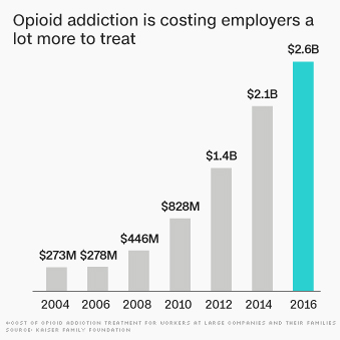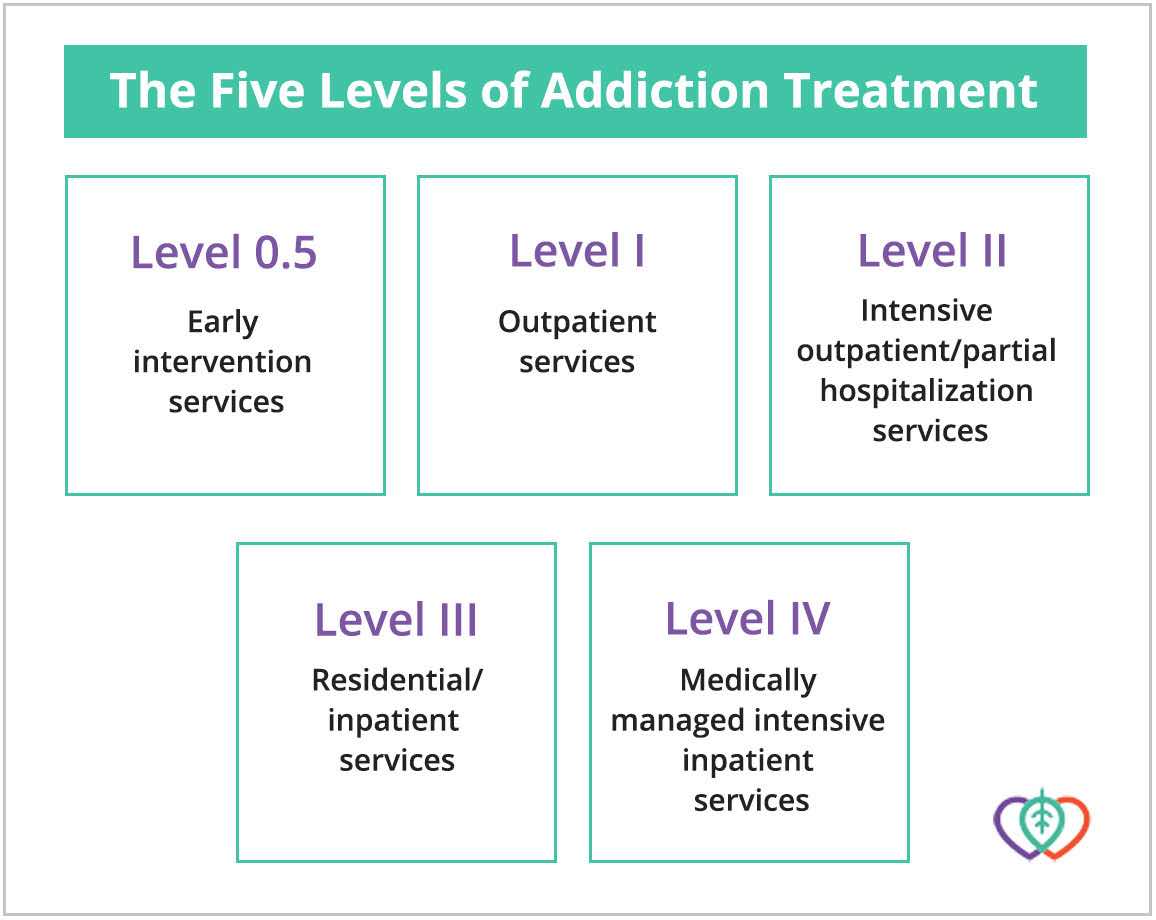Table of ContentsTreatment Approaches For Drug Addiction Drugfacts ... for DummiesWhat Does Overcoming Drug Addiction - Helpguide.org Mean?The Ultimate Guide To Rehabilitation Drugs - What Treatment Drugs Are Used To ...Top Guidelines Of Addiction Treatment Services: Home
By offering shared support, these sessions permit participants to use the group format to share insights, enhance member restorative gains, and to apply group responsibility on private behavior. Typically, group treatment is provided to people who share some common experience or unsolved issue such as trauma survivors, gender specific focus, criminal justice involvement, parenting focus, etc.
By relieving the signs, medications allow persons with addictions to take part more easily in other aspects of treatment. The most typically used and best understood of these medications is methadone, a medication provided orally, which is extremely efficient in treating heroin and opiate dependency. Other medications presently used to deal with chemical reliance consist of LAAM (l-alpha-acetyl-methadol), buperinorphine (soon to be approved), Antabuse, bupropion, and Naltrexone.
Usually, this is achieved through urine, blood and breath screening. For clients required to go to treatment by another system (e.g., court, kid welfare, public support), reporting back to the judge or other recognized authorities on the results of clients' toxicology tests will likely be a requisite component of the treatment routine with customer authorization.
With the enactment of welfare reform, trade rehabilitation services have actually now become core services of many treatment programs. Patients frequently work with trained trade specialists who help them with prevocational ability advancement (e (how to get opiate addiction treatment discreetly).g., resume writing, job seeking abilities), gaining work experience, instructional support, and with finding and maintaining employment. - Generally, treatment programs give a complete physical exam or arrange for one to be supplied upon initial admission.
Treatment programs are especially alert for certain illness that are extremely widespread among chemical reliance patients (i.e., sexually transmitted diseases, hepatitis, tuberculosis and HIV/AIDS). - Because chemical reliance pressures and sometimes fractures essential household relationships, treatment programs may offer - directly or through referral - services to strengthen household working and promote family reunification.
- The numerous, complicated needs of the majority of patients extend beyond the specific chemical dependence services. For instance, clients might need assist with housing, transport, court advocacy, childcare, or kid welfare services. The treatment service provider often works with the private to set up these critical services, make referrals, and assist in the exchange of crucial details with other human service agencies.
Drug Addiction (Substance Use Disorder) - Diagnosis And ... Can Be Fun For Anyone
It needs to be noted that traditionally alcohol and drug treatment programs have concentrated on returning each person to be a self-sufficient, productive member of his or her neighborhood. Nevertheless, with the arrival of well-being reform in 1995, lots of treatment companies have made employment-related services a lot more essential parts of their treatment routines.
Treatment takes place in a variety of settings. In truth, the treatment system represents an organized continuum of care in New York State. peer-review articles on how to create personal model for addiction treatment. Lots of people with addictions begin their initial treatment at one level (e.g., crisis services for cleansing) and move through the system till they can function as an efficient and independent member of society.
Each classification of care supplies a various strength of treatment provision. In New York City State, the current consolidation of alcohol treatment services and drug abuse treatment services into chemical reliance treatment services has actually resulted in four broad classifications of care. (Private certified practitioners likewise offer alcohol and drug abuse treatment, but they are not shown in the 4 classifications.) The four categories are summarized listed below.
These services are frequently provided early in an individual's course of Drug Rehab Center healing and are fairly brief in period, generally 3 to five days, although some chemicals might need as much as 30 days of handled withdrawal. Crisis services lead to a referral for ongoing care in a longer-term treatment setting. Crisis services include medically handled cleansing in a hospital, clinically supervised withdrawal in either an inpatient/residential or outpatient setting, and medically kept an eye on withdrawal in community-based settings.
- Chemical dependence inpatient rehab services offer intensive management of chemical reliance symptoms and medical management and monitoring of physical or mental problems from chemical dependence to people who can not be efficiently acted as outpatients and who are not in requirement of medical cleansing or severe care. These services can be offered in a hospital or freestanding center.
" width="auto" height="auto" frameborder="0" allowfullscreen>
Providers perform extensive examination, treatment and rehab services in a clinically monitored 24 hour/day, 7 days/week setting. Chemical reliance inpatient services include the following basic clinical procedures: private and group therapy and activities therapy; alcohol and drug abuse disease awareness and regression avoidance; evaluation and referral services for clients, families and loved ones; HIV education, risk evaluation and encouraging counseling and recommendation; vocational and/or academic assessment; and medical and psychiatric assessment.

Unknown Facts About Drug Abuse Treatment: Inpatient, Residential, Outpatient And ...

- Chemical reliance residential services help individuals who are unable to preserve abstaining or participate in treatment without the structure of a 24-hour/day, 7 day/week property setting, and who are not in need of intense hospital or psychiatric care or chemical dependence inpatient services. There are three levels of domestic services, which differ by strength of service provided: extensive residential treatment and rehabilitation, neighborhood domestic services, and supportive living services.
All property chemical dependence services provide the following treatments: counseling, peer group therapy, supportive services, educational services, structured activity, entertainment, and orientation to community services. In addition, some provide the following additional services, either directly or by referral: trade evaluation and services; task skills and work preparedness training; and parenting, personal, social and community living abilities training, including individual health and pastime.
Ideally, outpatient services are delivered in the community where the individual lives. This encourages access to the person's family and other community supports that will assist the customer keep an alcohol and compound free life. There are 2 kinds of chemical dependence outpatient services: general outpatient services and outpatient rehabilitation services.
The length of stay and the strength of services as measured by frequency and period of check outs differ from one classification of outpatient services to another. The frequency with which a client takes part in outpatient services likewise differs during the course of treatment depending on how she or he progresses toward healing.
Each chemical dependence outpatient service provides the following procedures: group and individual counseling; education about alcohol and compound abuse illness awareness and relapse avoidance; HIV and other communicable illness education, risk assessment, helpful therapy and referral; and family treatment. In addition, and as with all levels of service, patients are offered orientation to, and chance for involvement in, appropriate and offered self-help groups.
All services are offered according to a customized examination and treatment plan. Depending on the treatment program and the individual situations, a wide array of specialists can be included in a person's treatment. A lot of typically, individuals receive treatment which is managed by a multi-disciplinary team of experts under the employment of a treatment program as summarized in the previous section - how to get homeless son meth addiction treatment in california.
What Does Addiction Treatment Services: Home Do?
New york city State law needs that chemical dependence treatment companies must be accredited by the Office of Alcohol Addiction and Compound Abuse Services to offer services in New york city State. In addition, experts with suitable state licensure Addiction Treatment may operate out of a private practice to supply treatment services. Examples of these personal practitioners include: Physicians, Psychologists, Certified Social Employees and Psychiatrists.